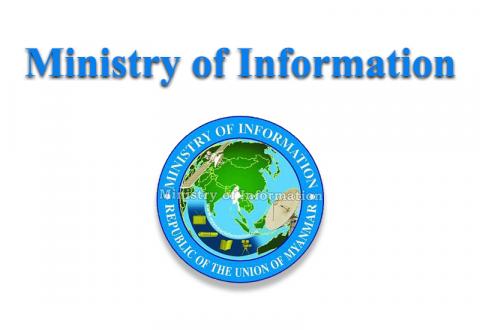Systematic handwashing: The key to preventing infectious diseases
SYSTEMATICALLY washing hands is the most effective way to prevent the spread of infectious diseases from one person to another. About 80 per cent of contagious viruses are transmitted through hand contact, making regular handwashing a crucial practice in reducing disease transmission rates.
A wide variety of microorganisms cause numerous diseases in society. These microorganisms attempt to enter the human body through various means, often choosing the hands as the primary route of entry. Since these viruses and microorganisms can enter the body through the eyes, nose, and mouth, which are frequently touched by hands, it is essential to wash hands thoroughly with water and soap after handling anything. This simple act of handwashing can prevent virus transmission and save countless lives, making it a valuable tool in disease prevention.
Research has shown that regular handwashing with soap can reduce the risk of pneumonia by 23 per cent, diarrhoea by 30 per cent, and respiratory tract infections by 20-45 per cent. Notably, systematic handwashing has been instrumental in controlling the spread of infectious diseases such as COVID-19 in recent years worldwide. Additionally, handwashing can help prevent not only human-to-human transmission but also human-to-animal transmission of infectious diseases to some extent.
It is recommended to wash hands with soap or hand sanitizer for a minimum of 20 seconds. Thoroughly rinsing all parts of the hands is essential to sterilize the points of entry to the body. Therefore, public health authorities should raise awareness about the importance of preventing infectious diseases and the proper technique for systematic handwashing.
Before the COVID-19 outbreak in Myanmar, local authorities, UNICEF, and non-governmental organizations had been collaborating on a project aimed at promoting four types of cleanliness in both urban and rural areas. The project focused on ensuring the cleanliness of food, water, hands, and toilets, in addition to promoting a clean environment. Such initiatives are crucial for safeguarding public health and preventing the spread of infectious diseases in communities.
Actually, handwashing is very cheap, and individuals can do it. Moreover, handwashing action can directly benefit the healthcare services for the people as well as all disease control projects of the Ministry of Health. As such, everybody needs to wash their hands whenever they do anything. When they come back home from public places, they contact any patients, and they handle something suspected to be infectious.
#TheGlobalNewLightOfMyanmar

